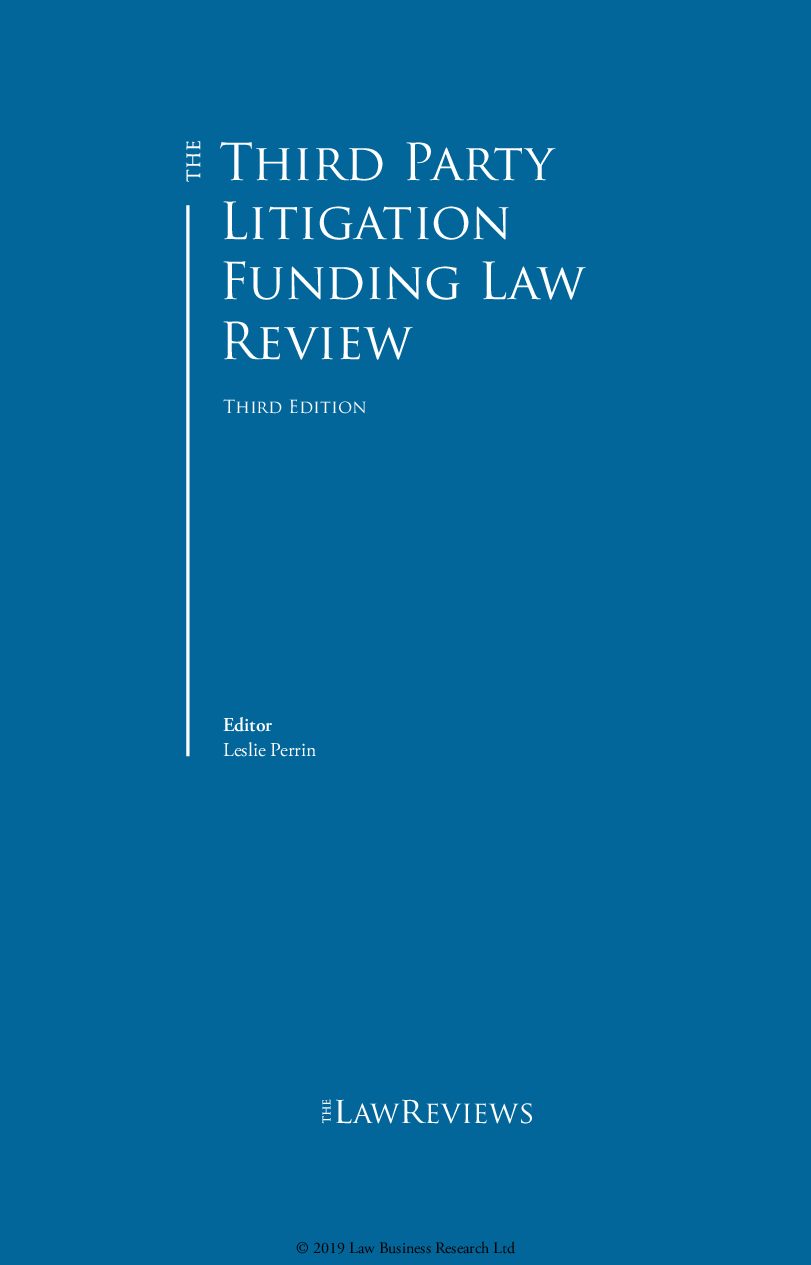International Arbitration & Portugal’s Geography
An alluring and advantageous jurisdiction
Over the past few years Portugal has been quickly expanding in a number of areas without showing signs of its growth slowing down anytime soon. However, one key area in which Portugal may be overlooked is in regards to being selected as a jurisdiction for international arbitration. Portugal acts as a judicious platform for the resolution of disputes relating to arbitration for a number of reasons, with geography being at the top of the list.
Situated an ocean away from North and South America, and within close proximity to Africa and the rest of Europe, Portugal is a central hub for many who come from across the globe. When considering international arbitration between two countries separated by an ocean, such as Brazil and Angola for example, Lisbon may be considered, not only a fair and neutral jurisdiction, but more importantly a convenient location for both travelling parties.
The After-Brexit: Lisbon as an alternative seat to London
Also, with the ongoing controversy and uncertainty surrounding Brexit, Lisbon may be a sound geographical alternative for international arbitration. Not only is Lisbon a short flight away from London, the political atmosphere has been generally tranquil with no signs of leaving the EU anytime soon.
The Lusophonic legal world and Portugal’s Geography
The Lusophonic world is a vast one, where to this day, strong ties still exist amongst them. Alongside geographical considerations, the fact that the judicial systems of these countries are still very much embedded with the present-day Portuguese judicial system helps for the resolution of disputes in a less complicated, and often times in a timelier manner.
Beyond those pertaining to the Lusophonic world, however, there are many advantages in selecting Lisbon for its geography. Due to Portugal’s rapid growth over the past few years, there has been a large increase in the quantity of non-stop flights to Lisbon. Not only is it more convenient to be able to travel from varying parts of the world without having to deal with arduous layovers, but due to the increase in available flights, this has also proven to be oftentimes more cost-effective.
Lisbon has all the conditions necessary to become an attractive host for dispute resolution. Beyond the logistical considerations of the jurisdiction selected where international arbitration disputes are involved, the jurisdiction chosen may have a larger impact than one would initially realize, especially in regards to the terms of applicable procedural laws and enforcement.
Portugal is currently a member among the most important international arbitral conventions, including the 1958 New York Convention, the ICSID Convention, as well as having 60 Bilateral Investment Treaties (BIT’s) signed with other nations.
Geography plays an important role in regards to international dispute resolution due to the fact that the parties negotiating international contracts which contain arbitral clauses must also settle on a neutral place of arbitration. It is usually favorable for both parties involved to select a jurisdiction that is neutral, geographically easy to travel to and with a well developed arbitrational law and court system in place, all of which Portugal has, especially in regards to issues relating to enforcement under the New York Convention being unlikely to arise.
In next week’s blog post, the topic of Portugal as a place of international arbitration and language will be discussed, and not just in regards to the Portuguese language, but to prevalent usage of English within the country as well.
Learn More:
If you would like more information or have any questions regarding international arbitration in Portugal, please send an email to info@victoria.associates









